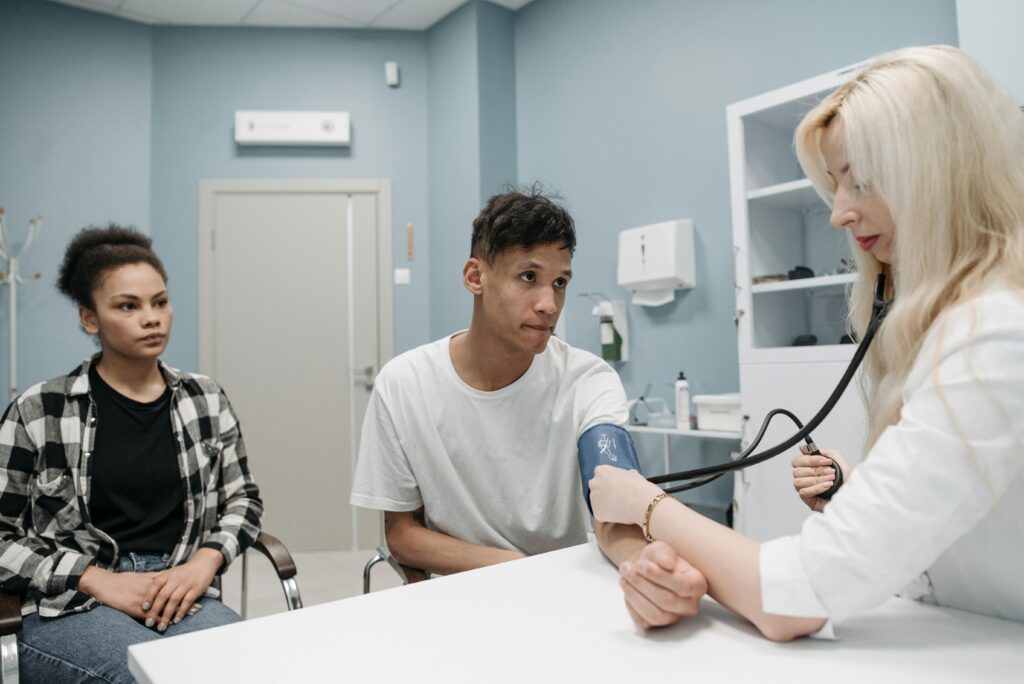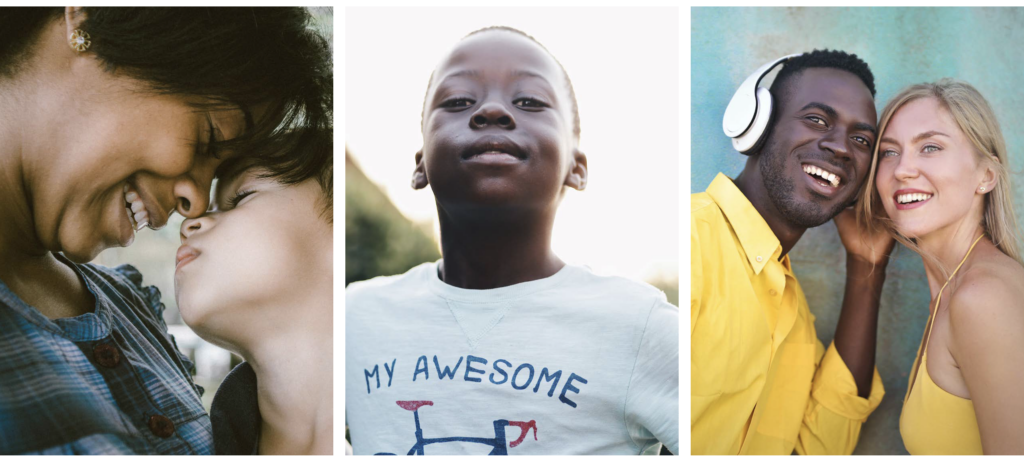Dear friends,
Just recently I had the privilege of sitting with a bold team of Upstreamists at the Inland Empire Health Plan as they defined the vision for their new population health strategy. Beyond goals for services provided or patient outcomes, they set their sights on something broader: building a culture of health.
That alone would have been a breakthrough in a healthcare industry that’s accustomed to constraining its work to the clinic or the operating room. But then, through a conversation that we’ve helped them cultivate, these Upstreamists added another word: equity. With that stroke of a pen, the health plan chose to assume responsibility for fostering “a culture of health and equity” in its community.
The role of culture in health is growing ever clearer these days, whether it’s the culture of a neighborhood, a nation, or a clinic. Organizations such as the Robert Wood Johnson Foundation, with its Culture of Health campaign, are encouraging this new mindset.
At HealthBegins, we’re working to stretch this paradigm shift further, to define the vision for all of us in health care as a thriving culture of health AND equity. This change permeates both our communities and our workplaces, where it shapes what we expect of medicine — and of ourselves.
Culture change sounds difficult, and there’s no doubt that it takes doing. But our highlights this month demonstrate that it’s more doable than we tend to imagine:
- Our latest blog post recounts how one California clinic is changing its culture of care for at-risk patients — and making measurable impact — through a simple strategy called Community Health Detailing.
- HealthBegins’ Sara Bader recently explained Upstream Quality Improvement at the Beyond Flexner Conference, a forum for the passionate medical students, educators, and residents who will build the future culture of medicine.
- Finally, our latest webinar, a collaboration with Hollywood, Health & Society, revealed how medical professionals can help TV and film writers craft storylines that transform health norms.
Ultimately, culture is us. And together, we are making it new.
Best,

Rishi Manchanda
|









